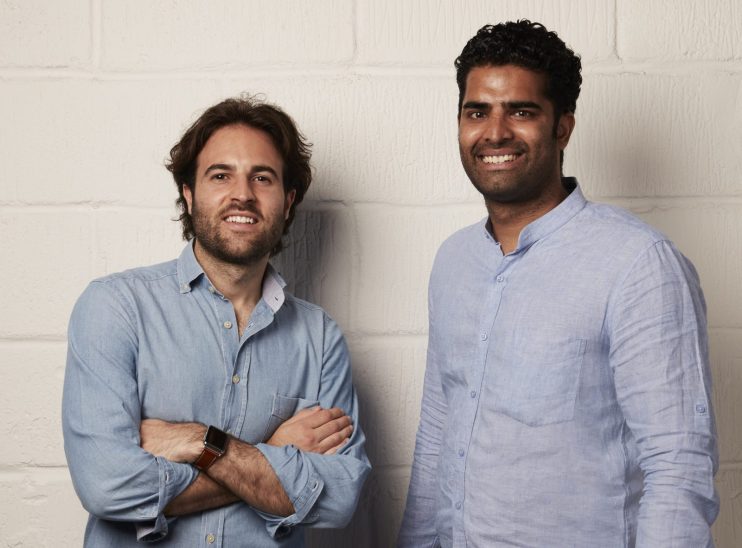Exclusive: London edtech firm Unibuddy raises $20m after pandemic boost

London-based education technology firm Unibuddy has raised $20m (£14.5m) in fresh funding to help fuel its global expansion after a bumper pandemic year.
Unibuddy, which allows prospective university applicants to chat with existing students and staff, raised the funds in a series B round led by Highland Europe, with further participation from Stride.VC.
The company, which is headquartered in Hoxton, said it will use the cash injection to help deliver further international growth after its revenue almost tripled during the pandemic.
The number of messages sent on Unibuddy’s platform, which provides peer-to-peer contact for university recruitment, also quadrupled as lockdowns forced students to move online.
But the firm said its growth also formed part of a wider trend as the rate of digital adoption within higher education marketing continues to accelerate.
Unibuddy has partnered with more than 450 institutions in 35 countries worldwide, with around 12m messages sent via its platform to date.
Its largest market is the UK, where it works with more than 80 per cent of institutions, including the University of Cambridge, Imperial College and King’s College London. In 2019 it also entered a partnership with admissions service UCAS.
Unibuddy said popular discussions on its platform centered around fitting in, programmes of study, employability upon graduation, student life, admissions requirements, and testing criteria.
“By 2025, our goal is to partner with institutions to empower 10m students to progress on their higher education journey,” said Diego Fanara, co-founder and chief executive of Unibuddy.
“We will triple the size of our engineering team, expanding our product suite and with it, our role in the higher education journey — from selecting a programme, to onboarding to post-graduation.
“In particular, the team will double down on efforts in the United States and APAC where there is a strong appetite for university admissions and recruitment teams to engage with both domestic and international students.”